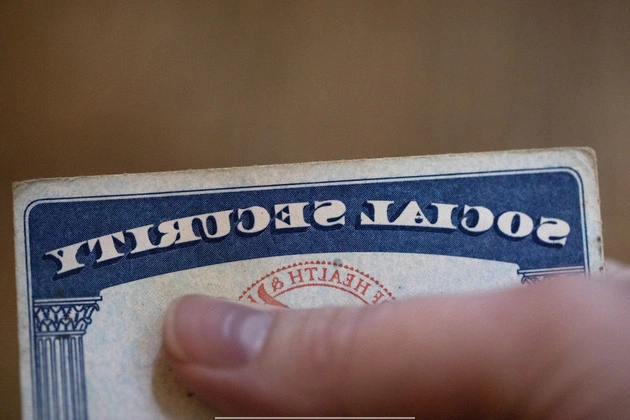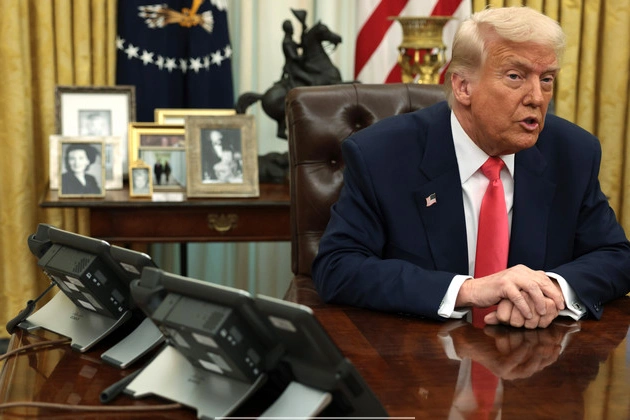Introduction to Trump’s Sentence
President-elect Donald Trump faced sentencing in the Manhattan hush money case, marking a historic moment as the first convicted felon on the path to the White House.
Understanding ‘Unconditional Discharge’
Trump’s conviction in New York for falsifying business records related to a payment to Stormy Daniels during the 2016 campaign resulted in a Class E felony offense. While this offense could carry jail time and fines, Judge Juan Merchan opted for an ‘unconditional discharge,’ sparing Trump from any further penalties.
Decoding ‘Unconditional Discharge’
Legal experts define an unconditional discharge as a resolution that upholds the conviction without imposing additional consequences like jail time, fines, probation, or community service. While it maintains the sanctity of the verdict, certain rights may be restricted post-conviction, such as voting or firearm ownership.
Rarity of the Sentence
Legal professionals note that an unconditional discharge is uncommon in felony cases, especially those with multiple counts like Trump’s. The rarity of this decision highlights its significance in the legal landscape.
Alternative Sentencing Options
While Merchan could have chosen alternative punishments like home confinement, probation, or community service, the timing of the sentencing, just days before Trump’s inauguration, limited the practicality of such measures. Despite avoiding immediate repercussions, Trump’s felony status remains a lasting consequence.
Expert Opinions
Legal experts and scholars express surprise at the unconventional nature of the unconditional discharge in Trump’s case, emphasizing its infrequent occurrence in similar legal contexts.
Conclusion
Trump’s ‘unconditional discharge’ sentence has sparked debate and speculation about its implications for his future and the legal precedent it sets. While avoiding immediate punishment, the lasting impact of his felony conviction remains a defining aspect of his legacy.















